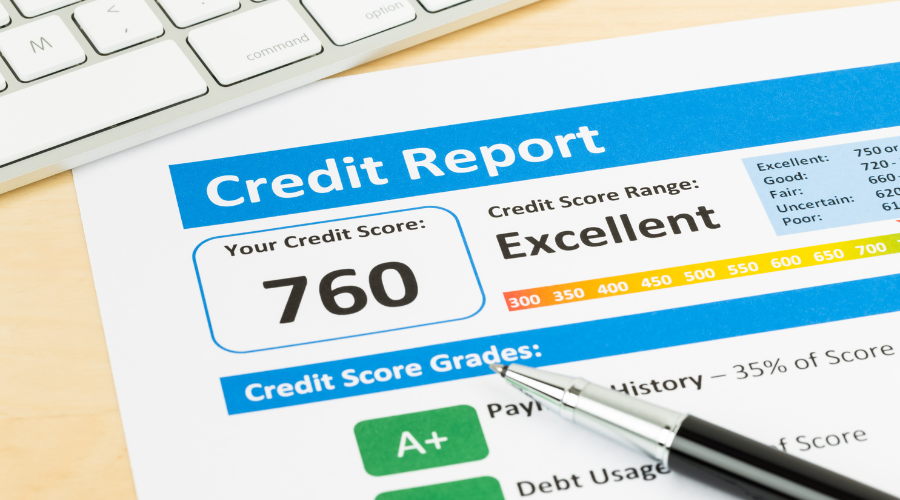Introduction
The CIBIL score, a numerical representation of an individual’s creditworthiness, has become a crucial aspect of financial matters. Many people are curious to know their credit scores frequently due to the significant impact it has on their financial lives. However, there are compelling reasons why frequent checks may not be in one’s best interest.
The Perplexity of Frequent CIBIL Score Checks
Impact on Credit Score
Frequent inquiries into one’s credit score can lead to a decline in the score itself. Every time an individual requests their credit score, it counts as a “hard inquiry,” and multiple hard inquiries within a short time can negatively affect the credit score. This is because lenders perceive multiple inquiries as a sign of credit-seeking behavior, which may indicate financial distress.
Credit Score Fluctuations and Misleading Perceptions
Credit scores are not static; they can fluctuate based on various factors such as credit utilization, repayment history, and credit inquiries. Frequent checks may lead to overanalyzing minor fluctuations, causing unnecessary anxiety. Additionally, slight changes in credit scores do not necessarily indicate a significant shift in creditworthiness.
The Burstiness of CIBIL Score Inquiries
Rate of Inquiries and Its Implications
When individuals repeatedly check their credit scores, they may unknowingly engage in “burstiness,” a term used to describe excessive behavior in a short period. Burstiness in credit score inquiries can raise concerns among potential lenders as it suggests credit-hungry behavior, affecting their decision to approve loans or credit applications.
Effects on Creditworthiness and Lending Decisions
Burstiness in credit inquiries can lead to lenders perceiving applicants as risky, even if their overall credit history is satisfactory. As a result, borrowers might face higher interest rates or even denials for credit applications, impacting their financial goals.
Specific Instances When Checking CIBIL Score is Recommended
While frequent credit score checks are discouraged, certain situations warrant accessing one’s credit score.
Before Applying for a Major Loan or Credit
Before applying for significant loans such as a home loan or car loan, it is wise to check the credit score to assess creditworthiness and determine if any credit improvements are necessary.
In Case of Identity Theft or Suspicious Activity
If an individual suspects fraudulent activity or identity theft, checking the credit score can help detect any unauthorized credit inquiries or accounts.
Downfalls of Frequent CIBIL Score Checks
Stress and Anxiety from Constant Monitoring
Frequent checks can lead to unnecessary stress and anxiety about one’s financial standing. This constant monitoring may be counterproductive and can negatively impact overall well-being.
Fear of Facing Poor Credit Score
Individuals may develop fear or reluctance to check their credit score if they have faced financial difficulties in the past. This fear may prevent them from addressing credit-related issues proactively.
Benefits of Controlled Score Checks
Understanding Financial Health
Periodic credit score checks help individuals gain insights into their financial health. It allows them to assess their credit habits and make informed decisions to improve their creditworthiness.
Opportunity for Credit Improvement
When individuals check their credit score thoughtfully, they gain the opportunity to identify areas of improvement and take steps to enhance their creditworthiness.
Empowerment through Knowledge
By being informed about one’s credit score and creditworthiness, individuals empower themselves to make better financial decisions. Knowledge about one’s financial health is a key step towards achieving financial goals.
Conclusion
In conclusion, while curiosity about one’s CIBIL score is natural, checking it frequently may have adverse effects. Burstiness and perplexity associated with frequent inquiries can harm creditworthiness and create unnecessary stress. It is essential to strike a balance between staying informed and avoiding excessive credit score checks. Being aware of one’s credit score periodically and using it as a tool for improvement is the key to financial empowerment.
FAQs
- Q: Will checking my CIBIL score frequently improve it? A: No, frequent checks do not improve your CIBIL score. It may even negatively affect it due to multiple inquiries.
- Q: How often is it safe to check my CIBIL score? A: For routine monitoring, once or twice a year is sufficient. Frequent checks are unnecessary and may harm your creditworthiness.
- Q: Can checking my CIBIL score impact my credit application? A: Yes, too many inquiries in a short period can signal credit-hungry behavior to lenders and may impact loan approvals.
- Q: Is there a charge for checking my CIBIL score? A: Yes, CIBIL offers both free and paid credit score checking options. It is advisable to use the free service for routine checks.
- Q: Will checking my CIBIL score frequently show all my credit history? A: No, checking your credit score does not provide a detailed credit report. For a complete history, request a full credit report once a year.

